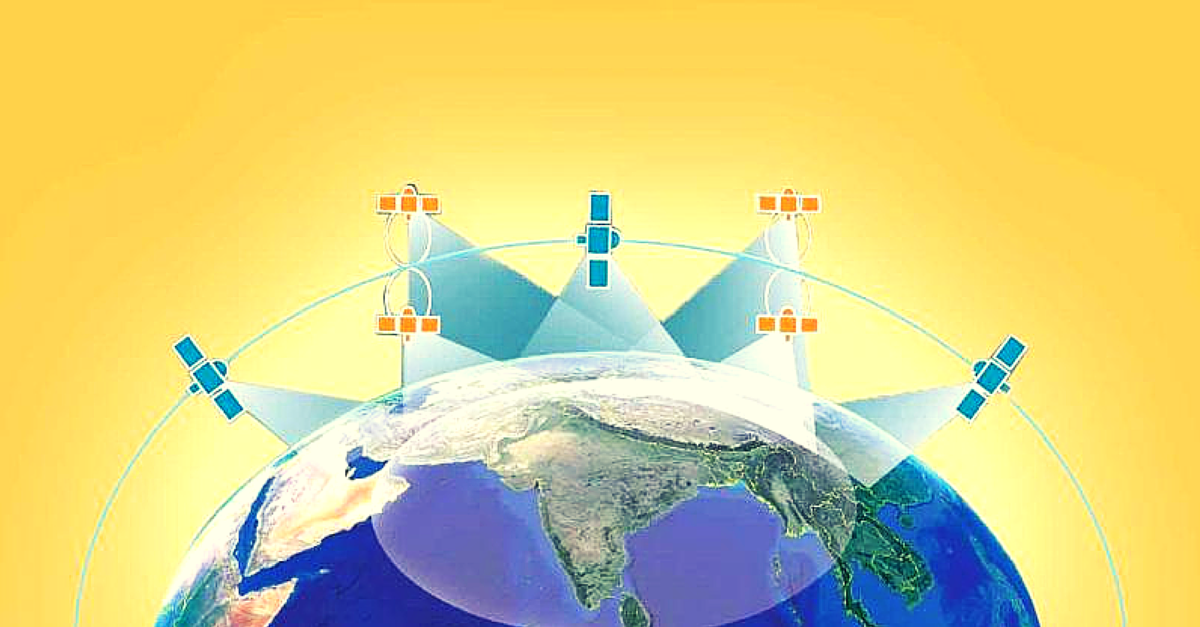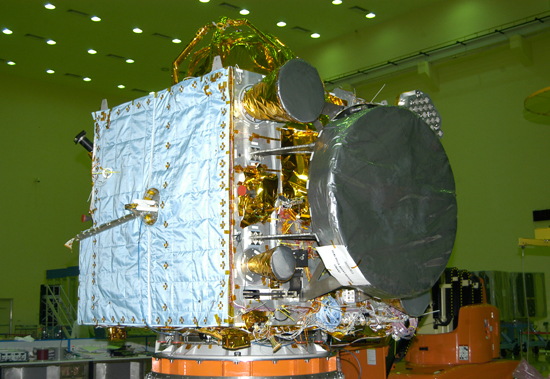ISRO Will Soon Give India Its Own Position Determination System. And It Will Be Better than GPS.
Indian Regional Navigation Satellite System (IRNSS) is a regional navigation satellite being developed by ISRO to provide accurate position information to users in the country, and will be under complete control of the Indian government.

The Indian Space Research Organisation is developing an indigenous position determination system, that will serve as the “replacement GPS” for people in remote areas of the country.
“We will have our own position determination system using our own navigation constellation, the IRNSS series which will be operational by middle of next year. It is a kind of replacement GPS…The US is offering the GPS navigation, IRNSS is indigenous,” Deviprasad Karnik, the director of publication and public relations, ISRO, informed IANS.
Indian Regional Navigation Satellite System (IRNSS) is a regional navigation satellite being developed by ISRO to provide accurate position information to users in the country, and will be under complete control of the Indian government.

Source: isro.gov.in
It will also operate in the regions located in a 1,500 km radius around India. The system is expected to provide position accuracy of better than 20m. IRNSS is needed because the foreign government-controlled global navigation satellite system does not guarantee service in all situations.
The two types of services provided by IRNSS are as follows:
• Standard Positioning Service (SPS) – This will be provided to all users
• Restricted Service (RS) – This is an encrypted service that will be provided to authorised users only.(Including the military)
The applications of IRNSS include disaster management, vehicle tracking and fleet management, integration with mobile phones, terrestrial navigation aid for travellers, visual and voice navigation for drivers, and more.
According to ISRO, the system consists of an IRNSS constellation of seven satellites. Three of these satellites will be located in orbital slots in the geostationary orbit, and four will be in geosynchronous orbits.
Currently, four of these seven satellites are already in orbit (IRNSS-1A, 1B, 1C, and 1D). And the plan is to launch the remaining three (IRNSS-1E, 1F and 1G) between January and March, 2016. After the constellation gets completed, ISRO will work on establishing the accuracy and validation of the system.
“GPS is not available at all places. Signal is weak in remote areas but our own signal will be available in remote areas with better accuracy,” added Deviprasad Karnik.
Like this story? Or have something to share? Write to us: [email protected], or connect with us on Facebook and Twitter (@thebetterindia).
If you found our stories insightful, informative, or even just enjoyable, we invite you to consider making a voluntary payment to support the work we do at The Better India. Your contribution helps us continue producing quality content that educates, inspires, and drives positive change.
Choose one of the payment options below for your contribution-
By paying for the stories you value, you directly contribute to sustaining our efforts focused on making a difference in the world. Together, let’s ensure that impactful stories continue to be told and shared, enriching lives and communities alike.
Thank you for your support. Here are some frequently asked questions you might find helpful to know why you are contributing?


This story made me
- 97
- 121
- 89
- 167










